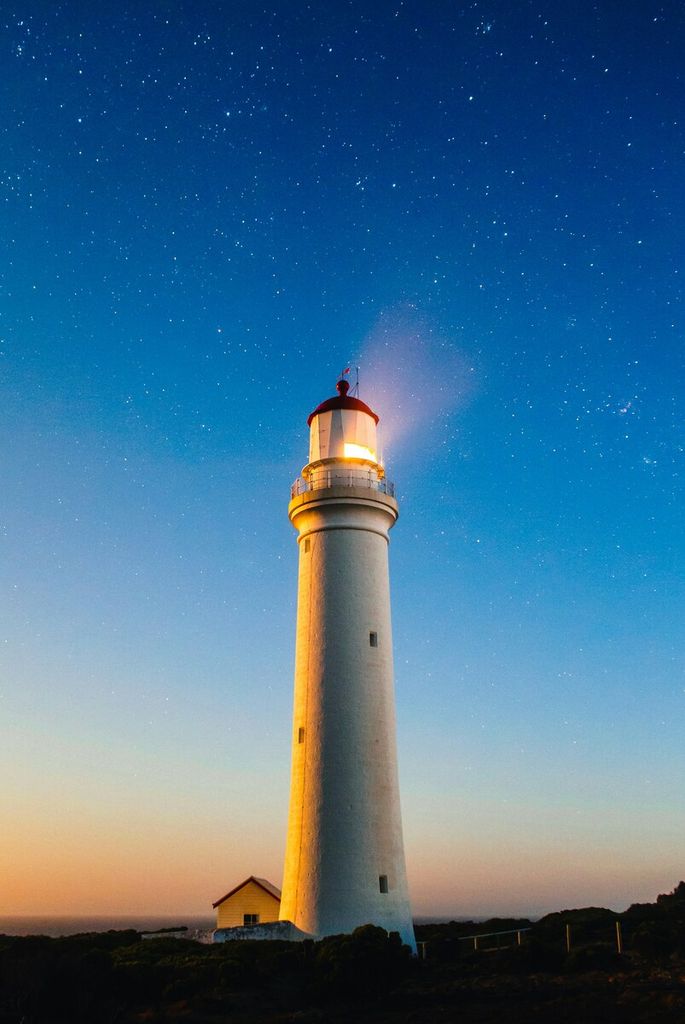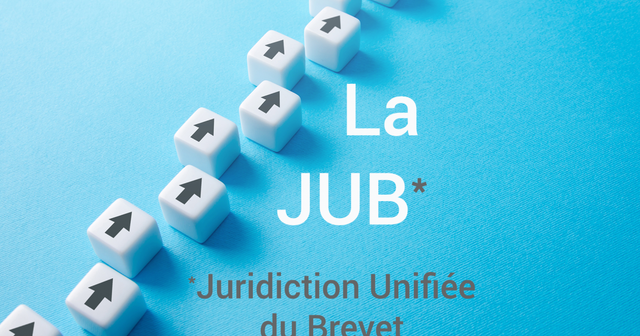
Actualités
Inscrivez-vous à notre newsletter mensuelle, pour ne pas manquer les conseils de nos experts, nos webinaires et l'actualité dédiés à la Propriété Intellectuelle.
Recherche
- Article
- Blog | Flash infos
- Webinaire
- Livre blanc
- Témoignage
- Événement
Ressources (1089)
 Post-Brexit : Fin de la période transitoire pour les marques clonéesMarques, dessins et modèlesAvec la fin imminente de la période transitoire pour les marques clonées au Royaume-Uni, celles-ci pourraient devenir vulnérables aux actions en déchéance pour non-usage.Lire la suite
Post-Brexit : Fin de la période transitoire pour les marques clonéesMarques, dessins et modèlesAvec la fin imminente de la période transitoire pour les marques clonées au Royaume-Uni, celles-ci pourraient devenir vulnérables aux actions en déchéance pour non-usage.Lire la suite- Blog | Flash infos[Blog] Augmentation des taxes de l’OEB à partir du 1er avril 2026L’Office européen des brevets a annoncé une augmentation de certaines taxes officielles relativement à la procédure d’examen de la demande de brevet, à compter du 1er avril 2026. Cette augmentation vi...Lire la suite
- Blog | Flash infos[Blog] Marques de distributeur, une nouvelle obligation à compter du 14 mai 2026À partir du 14 mai 2026, les produits vendus sous MDD devront indiquer le nom du producteur sur l’étiquetage, conformément au règlement (UE) 2024/114. Objectif : renforcer la transparence et rééquilib...Lire la suite
![[Webinaire] Audit de Propriété Industrielle : Un outil pour les levées de fonds et la valorisation de vos actifs immatériels](https://novagraaf-staging.s3.eu-west-3.amazonaws.com/small_image_f756f9ca34.png) Webinaire[Webinaire] Audit de Propriété Industrielle : Un outil pour les levées de fonds et la valorisation de vos actifs immatérielsBrevetsDécouvrez comment se déroule un audit de propriété industrielle et son impact sur le développement de votre entreprise et la valorisation de vos actifs immatériels. Découvrez également une démo d'anal...Regardez maintenant
Webinaire[Webinaire] Audit de Propriété Industrielle : Un outil pour les levées de fonds et la valorisation de vos actifs immatérielsBrevetsDécouvrez comment se déroule un audit de propriété industrielle et son impact sur le développement de votre entreprise et la valorisation de vos actifs immatériels. Découvrez également une démo d'anal...Regardez maintenant- Blog | Flash infos[Blog] JUB - Effet unitaire refusé : la couverture territoriale complète reste indispensableBrevetsLa JUB (Division centrale de Paris) confirme le refus de l’OEB d’accorder l’effet unitaire à un brevet non délivré pour Malte. L’effet unitaire exige un même jeu de revendications pour tous les États ...Lire la suite
 La marque de couleur : une protection rare mais recherchéeMarques, dessins et modèlesÀ la suite du refus d’une demande d’enregistrement de marque de couleur déposée par la société allemande de construction Weischer GmbH, Colombe Dougnac donne des conseils pour établir le caractère dis...Lire la suite
La marque de couleur : une protection rare mais recherchéeMarques, dessins et modèlesÀ la suite du refus d’une demande d’enregistrement de marque de couleur déposée par la société allemande de construction Weischer GmbH, Colombe Dougnac donne des conseils pour établir le caractère dis...Lire la suite De l’exécution forcée des décisions de l’INPI et de l’EUIPOMarques, dessins et modèlesLes décisions de l’EUIPO, ainsi que les décisions de l’INPI en matière de déchéance et de nullité peuvent comporter des dispositions condamnant la partie perdante à prendre à sa charge les frais expos...Lire la suite
De l’exécution forcée des décisions de l’INPI et de l’EUIPOMarques, dessins et modèlesLes décisions de l’EUIPO, ainsi que les décisions de l’INPI en matière de déchéance et de nullité peuvent comporter des dispositions condamnant la partie perdante à prendre à sa charge les frais expos...Lire la suite Protection de marque et tendance marketing : La décision 'Quite Luxury’Marques, dessins et modèlesLes concepts commerciaux, comme le « quiet luxury », peuvent facilement captiver l’imagination du public, mais cela ne signifie pas qu’ils puissent être enregistrés en tant que marques, explique Laeti...Lire la suite
Protection de marque et tendance marketing : La décision 'Quite Luxury’Marques, dessins et modèlesLes concepts commerciaux, comme le « quiet luxury », peuvent facilement captiver l’imagination du public, mais cela ne signifie pas qu’ils puissent être enregistrés en tant que marques, explique Laeti...Lire la suite Quand la lenteur judiciaire menace le droit de propriété sur une marqueMarques, dessins et modèlesEn tant que juriste, il nous arrive d’être confrontés à une situation critique lorsque la solution « juste » paraît évidente, mais que le texte de loi ne permet pas forcément d’y parvenir. Il est alor...Lire la suite
Quand la lenteur judiciaire menace le droit de propriété sur une marqueMarques, dessins et modèlesEn tant que juriste, il nous arrive d’être confrontés à une situation critique lorsque la solution « juste » paraît évidente, mais que le texte de loi ne permet pas forcément d’y parvenir. Il est alor...Lire la suite- Blog | Flash infos[Blog] Suisse : Procédure accélérée en matière de nullitéDepuis le 9 décembre 2025, la Suisse accélère les actions en nullité liées à la contrefaçon : décision attendue en un an maximum, sans audience d’instruction et avec des délais strictement encadrés. U...Lire la suite
- Blog | Flash infos[Blog] Extension de l’utilisation de l’IA pour la rédaction des procès-verbaux de procédures orales à l’OEBDepuis mai 2025, environ 150 procédures orales ont été conduites dans le cadre d’un projet pilote visant à assister la rédaction des procès-verbaux au moyen d’outils d’intelligence artificielle. À la ...Lire la suite
- Blog | Flash infos[Blog] L'ICANN sévit contre les Registrars défaillantsICANN renforce la discipline début 2026 : résiliation du registrar hongkongais 0101 Internet pour impayés et défaut de migration RDAP, mise en demeure de MainReg Inc., dont près de la moitié des domai...Lire la suite
 Client-attorney privilege en matière de brevets : portée, limites et bonnes pratiquesBrevetsFace à la multiplication des litiges internationaux en matière de brevets, les entreprises européennes sont de plus en plus exposées aux procédures de discovery, notamment aux États-Unis. Dans ce cont...Lire la suite
Client-attorney privilege en matière de brevets : portée, limites et bonnes pratiquesBrevetsFace à la multiplication des litiges internationaux en matière de brevets, les entreprises européennes sont de plus en plus exposées aux procédures de discovery, notamment aux États-Unis. Dans ce cont...Lire la suite Réforme du programme PACE de l’OEB : quels impacts pour votre stratégie brevets ?BrevetsÀ compter du 1er février 2026, de nouvelles règles sont entrées en vigueur pour les demandeurs de brevets utilisant le programme PACE de l’Office européen des brevets (OEB). Marion Bénetière explique ...Lire la suite
Réforme du programme PACE de l’OEB : quels impacts pour votre stratégie brevets ?BrevetsÀ compter du 1er février 2026, de nouvelles règles sont entrées en vigueur pour les demandeurs de brevets utilisant le programme PACE de l’Office européen des brevets (OEB). Marion Bénetière explique ...Lire la suite- Blog | Flash infosDécision Cassation Addictions France c. BEER MARKET « LA LEVRETTE »Quand la morale tente de faire la loi : la Cour de cassation rappelle que la règle juridique prime ! Dans la continuité de notre article Rébellion mousseuseLire la suite
 La feuille de route de la juridiction unifiée du brevet (JUB)BrevetsL’entrée en vigueur de l’accord de la JUB est actuellement prévu pour le 1er avril 2023. Vous trouverez dans cet article nos publications pour suivre en temps réel la feuille de route de la juridictio...Lire la suite
La feuille de route de la juridiction unifiée du brevet (JUB)BrevetsL’entrée en vigueur de l’accord de la JUB est actuellement prévu pour le 1er avril 2023. Vous trouverez dans cet article nos publications pour suivre en temps réel la feuille de route de la juridictio...Lire la suite- Blog | Flash infosTechnologies quantiques : l’OEB et l’OCDE dressent un état des lieux mondial de l’innovation brevetéel’Office européen des brevets (OEB) et l’Organisation de coopération et de développement économiques (OCDE) proposent une cartographie de l’écosystème mondial des technologies quantiques.Lire la suite